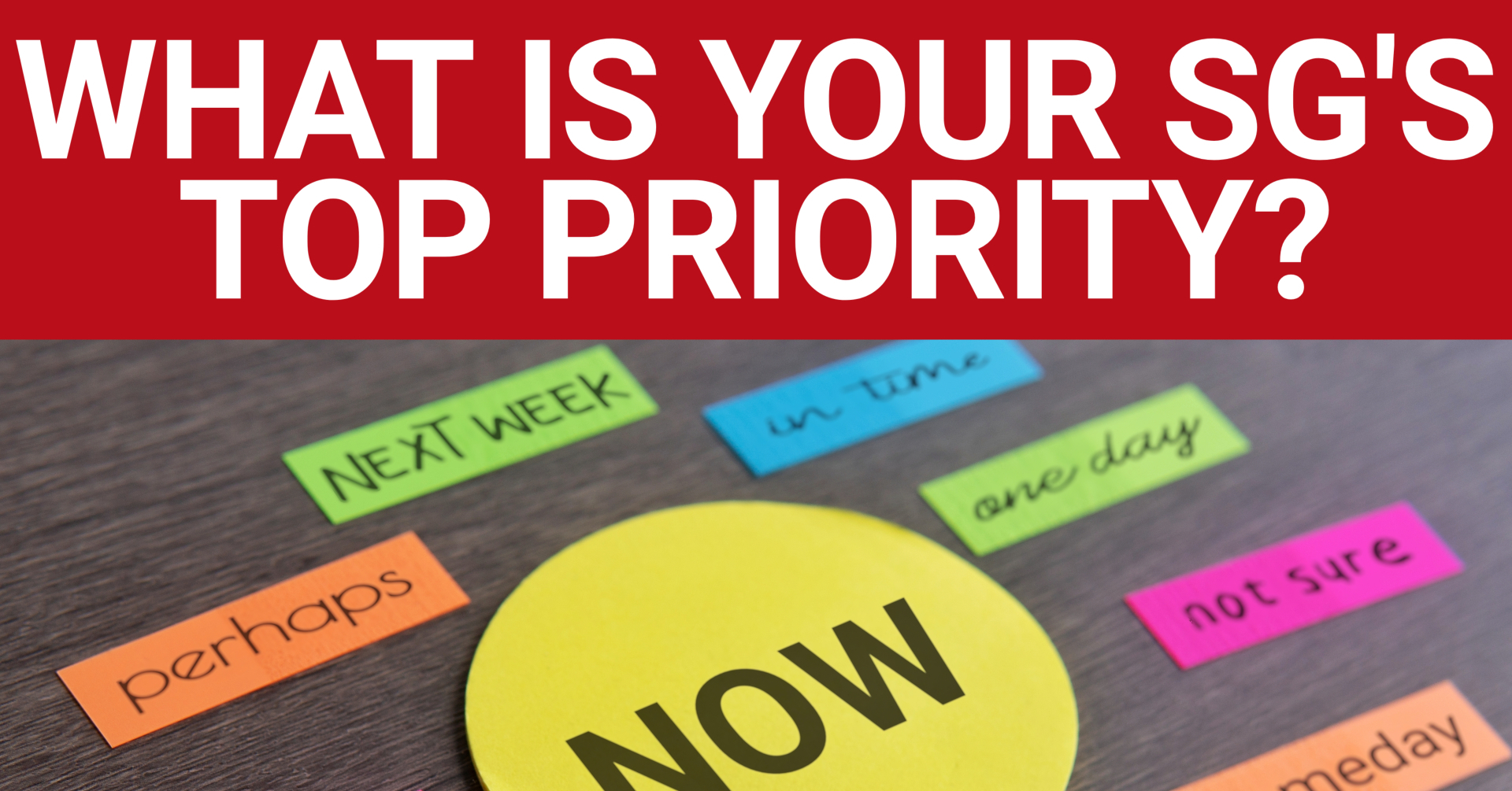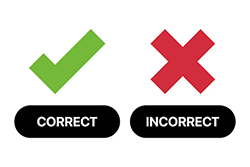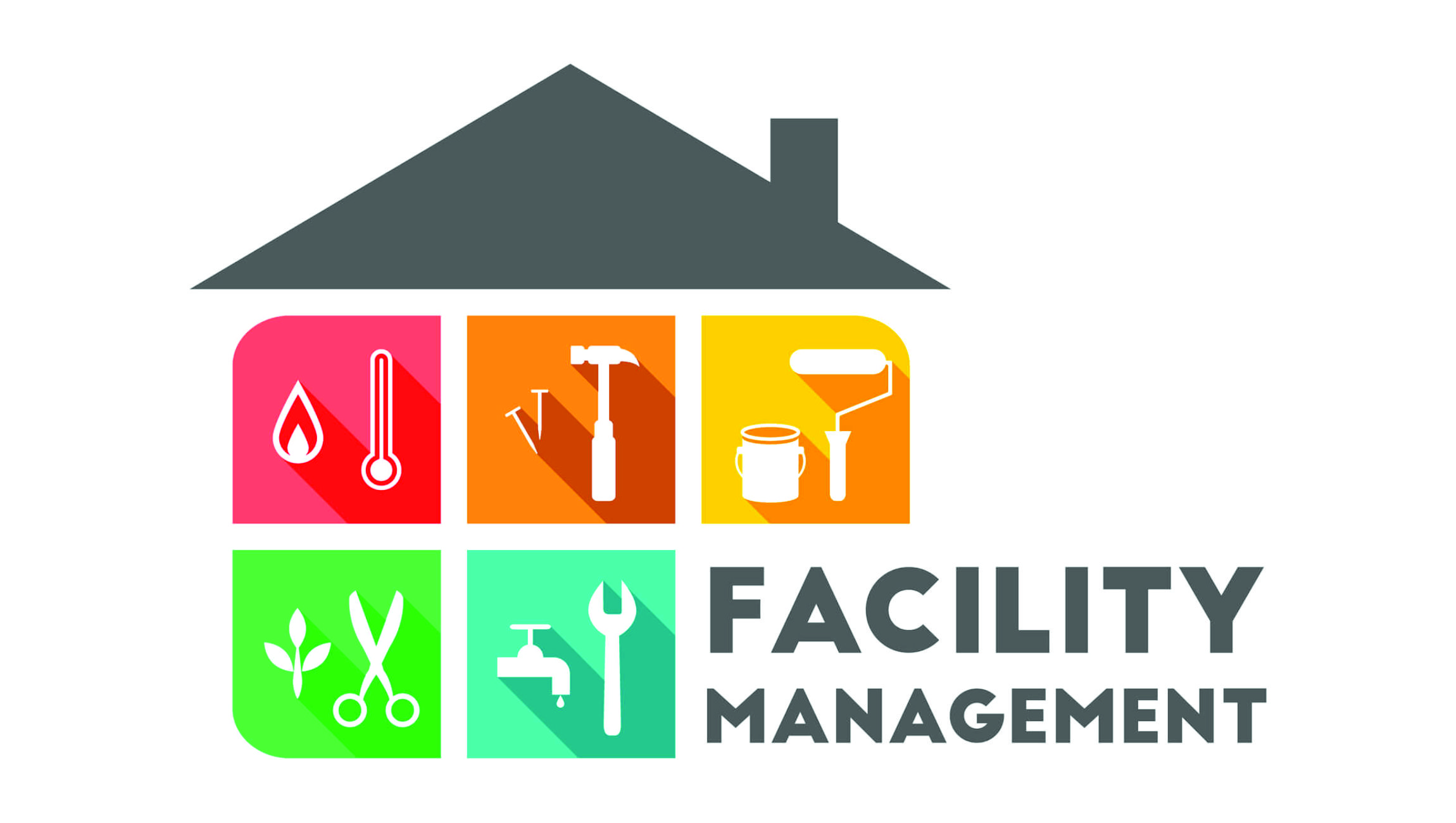 How Do You Choose Which Priorities SG Should Take On?
How Do You Choose Which Priorities SG Should Take On?
ASGA won’t tell you what issues, causes, or projects to champion (what to work on) for your students.
That choice is completely up to you and your officers, members, and advisors.
With that said, many SGs take on issues/projects/tasks that they have no hope of achieving.
Some SG leaders rush to make statements and pass resolutions on issues they have no authority on and no chance of changing. Often, they can’t even articulate their position, and they can’t prove that students want them to work on it.
The problem: tackling issues you can’t win AND have no authority to impact dilutes your SG’s effectiveness.
Taking on issues outside of your realm of influence (your SG powers and authority) often will harm your image, lessen your ability to recruit and retain members, and harm your effectiveness long-term. How?
When you lose, you appear powerless to fellow students, the campus media, and even your own members.
There are times that you may need to make a statement as a matter of principle. But don’t rush to judgement or be swayed by the current political climate or social media.
If you hope to truly represent your students and actually make changes/improvements on campus, ask these questions before you take on any issue as your TOP PRIORITY:

ASGA won’t tell you what issues, causes, or projects to champion (what to work on) for your students.
That choice is completely up to you and your officers, members, and advisors.
With that said, many SGs take on issues/projects/tasks that they have no hope of achieving.
Some SG leaders rush to make statements and pass resolutions on issues they have no authority on and no chance of changing. Often, they can’t even articulate their position, and they can’t prove that students want them to work on it.
The problem: tackling issues you can’t win AND have no authority to impact dilutes your SG’s effectiveness.
Taking on issues outside of your realm of influence (your SG powers and authority) often will harm your image, lessen your ability to recruit and retain members, and harm your effectiveness long-term. How?
When you lose, you appear powerless to fellow students, the campus media, and even your own members.
There are times that you may need to make a statement as a matter of principle. But don’t rush to judgement or be swayed by the current political climate or social media.
If you hope to truly represent your students and actually make changes/improvements on campus, ask these questions before you take on any issue as your TOP PRIORITY:


















